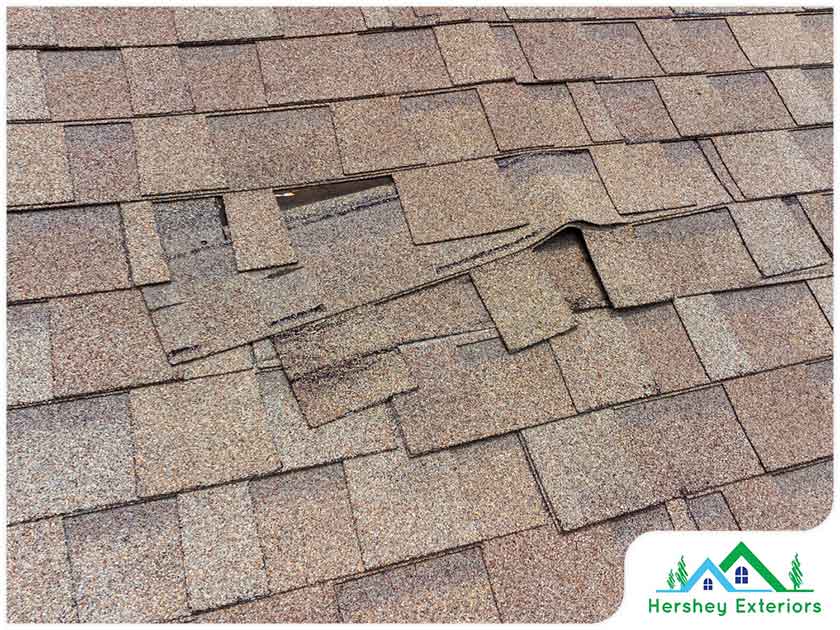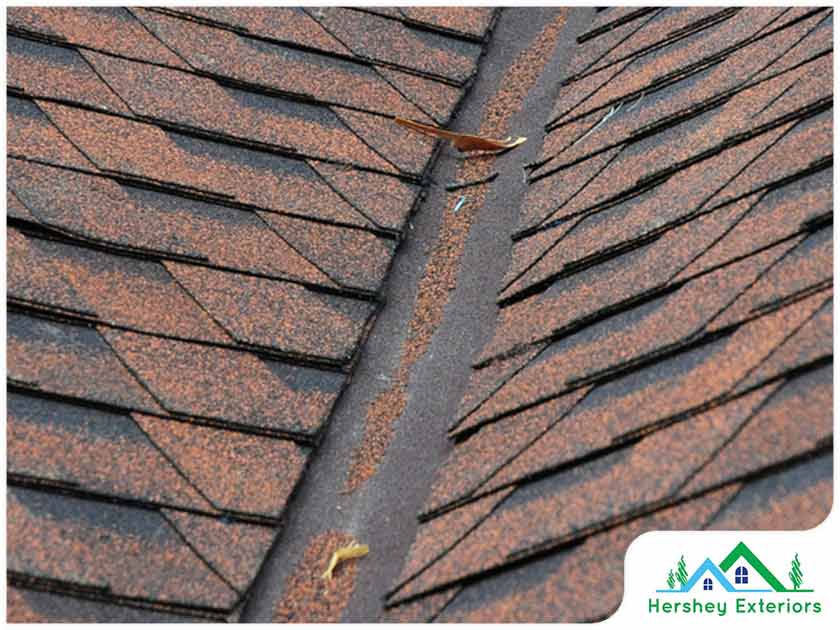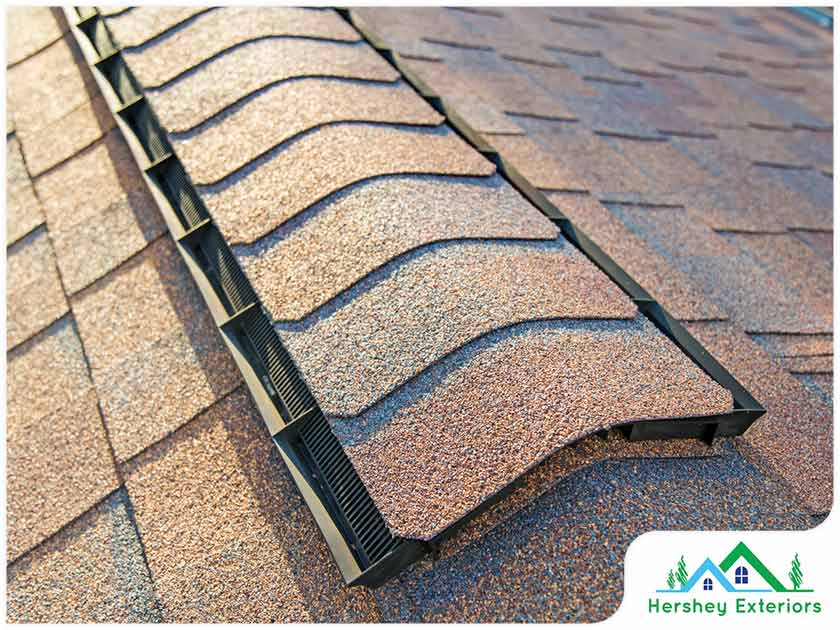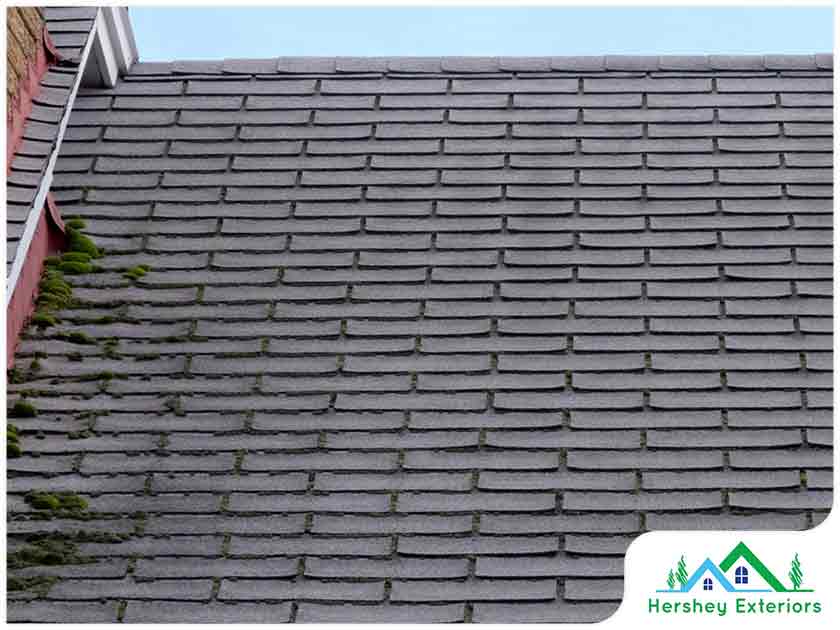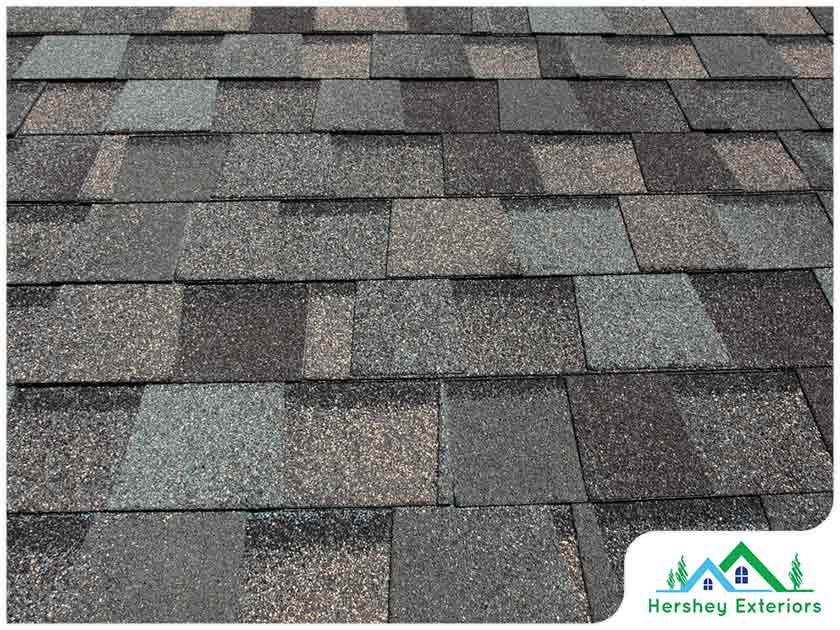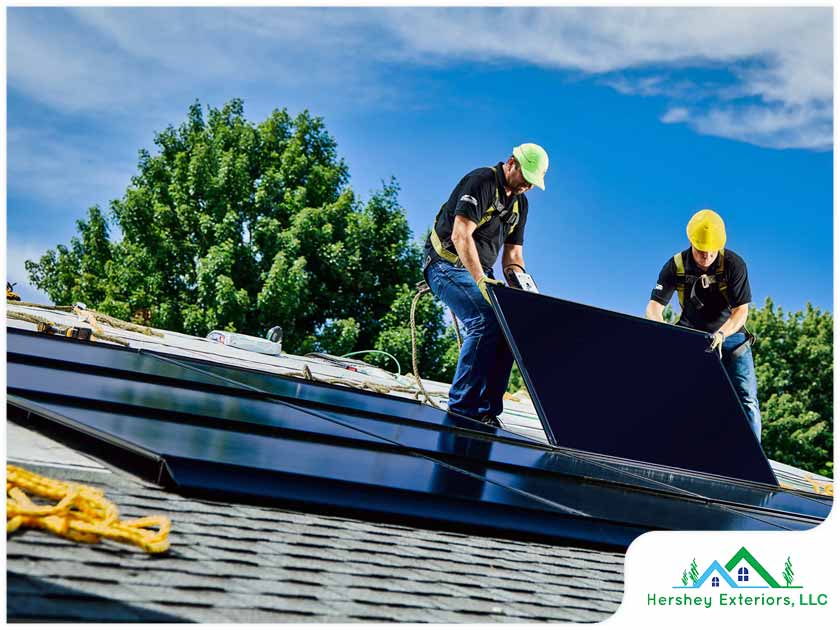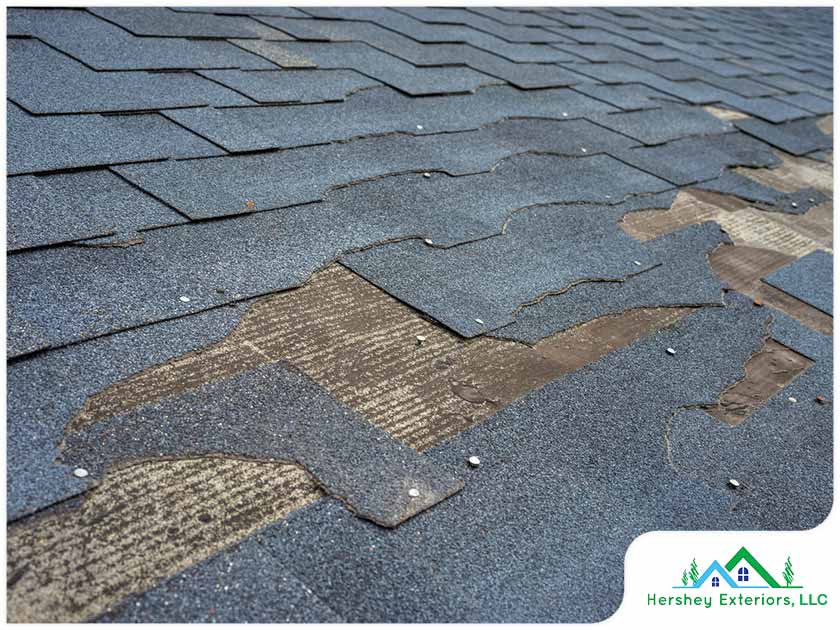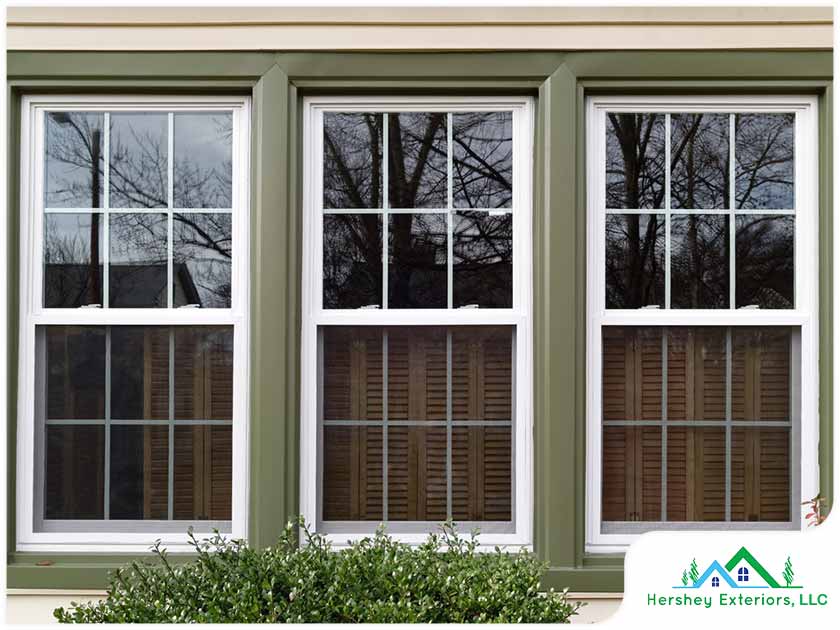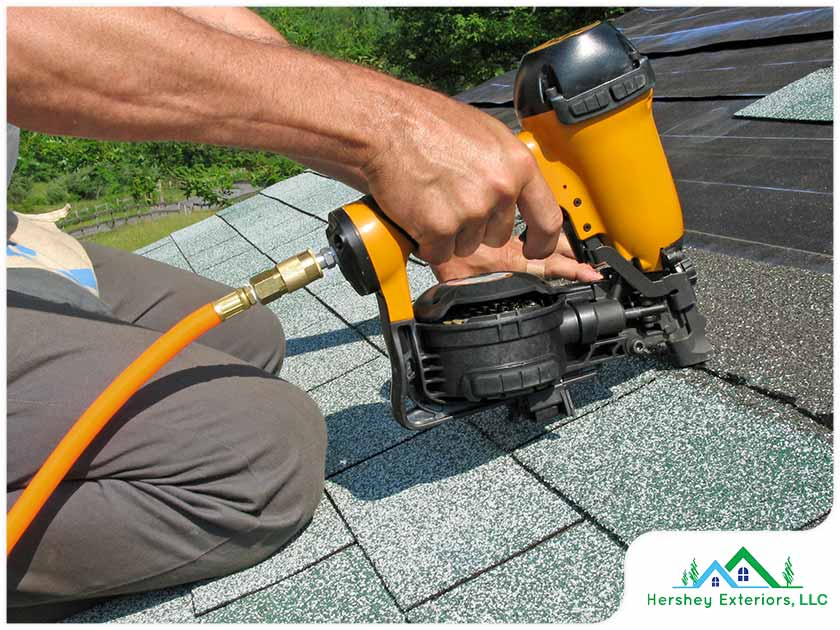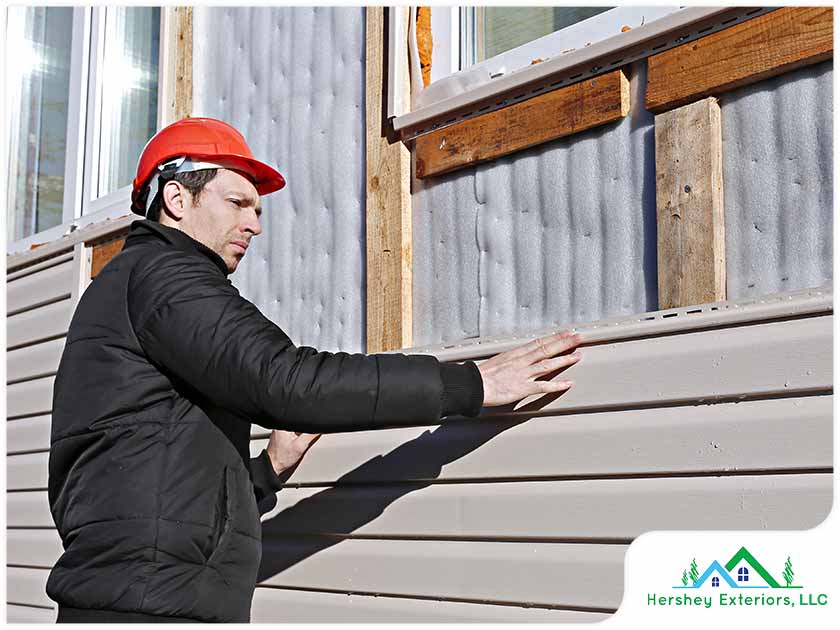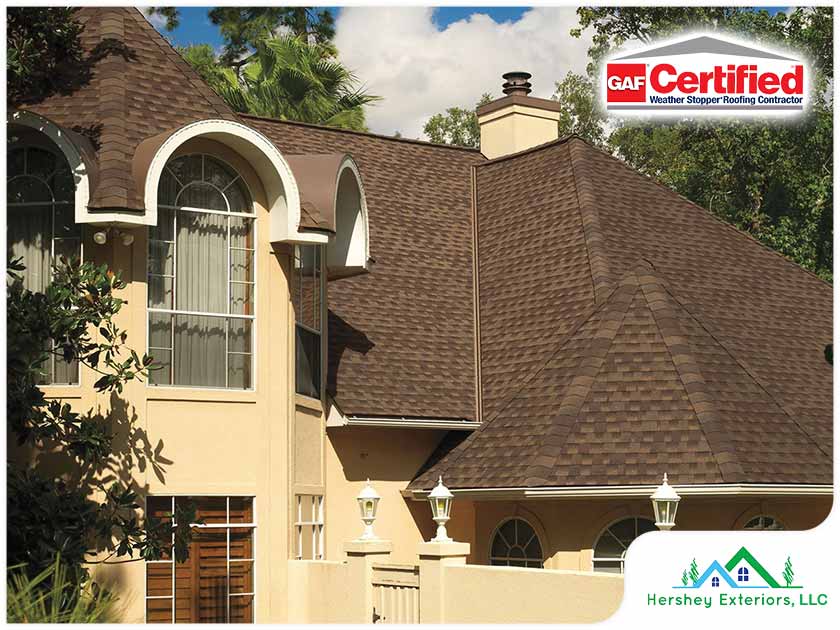After a storm hits your area, one of the first things you might do is to try and check your roof for damage. While there might not be immediate signs of water leaking into your home, there could be a high chance that your roof is damaged by the storm.
Read MoreThe roof flashing is probably one of the unsung heroes of your home’s protective components. It’s a lowkey roofing material that is placed on areas of your roof that are prone to water leaks and air infiltration.
Read MoreDuring the warmer months, one of the leading problems that residential roof installation and repair experts have to deal with isn’t shingles, gutters or siding. In fact, it has a lot more to do with poor attic ventilation.
Read MoreProlonged exposure to the elements can take its toll on your roof. So,what are the natural elements that are most detrimental to your exterior? Rain and Moisture Damage Years of exposure to rain can weaken your roof, allowing water to infiltrate your home.
Read MoreThere are several reasons why asphalt shingles are one of the most popular residential roofing materials in North America. They’re cost-effective and durable, and can handle a wide range of harsh climates.
Read MoreYears ago, homeowners had a tough choice between achieving green living using solar panels and maintaining their home’s curb appeal. Traditional installations involved punching holes on the surface of the roof and fastening racks onto shingles before mounting those blue solar panels.
Read MoreStorms can inflict significant damage to residential properties. Strong winds can lift weak shingles or loose metal panels, uproot a tree and cause it to fall on your roof, and carry debris enough to shatter windows and leave dents on the siding.
Read MoreSubscribe to Hershey Exteriors's Blog
